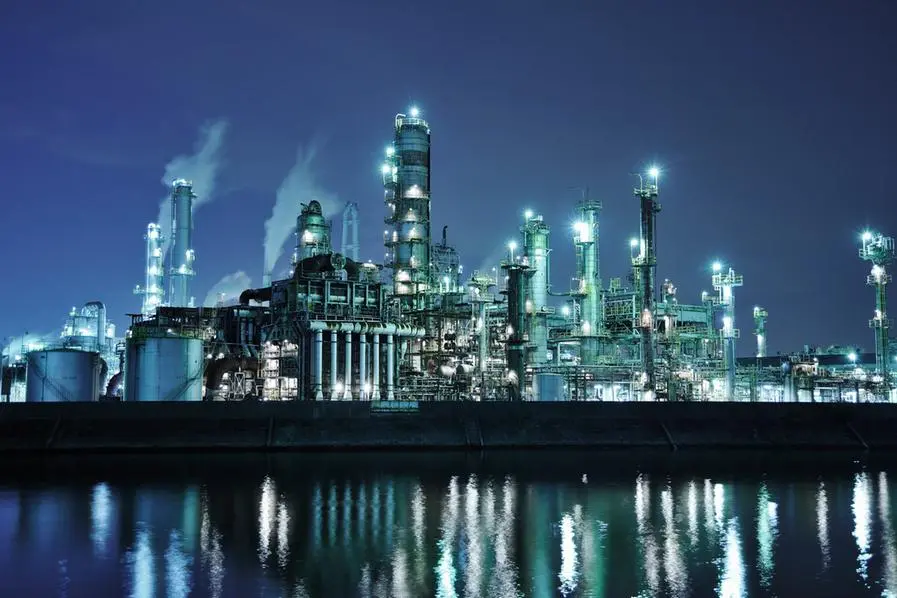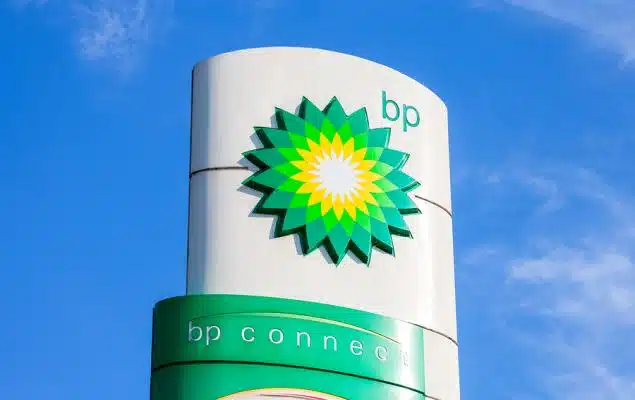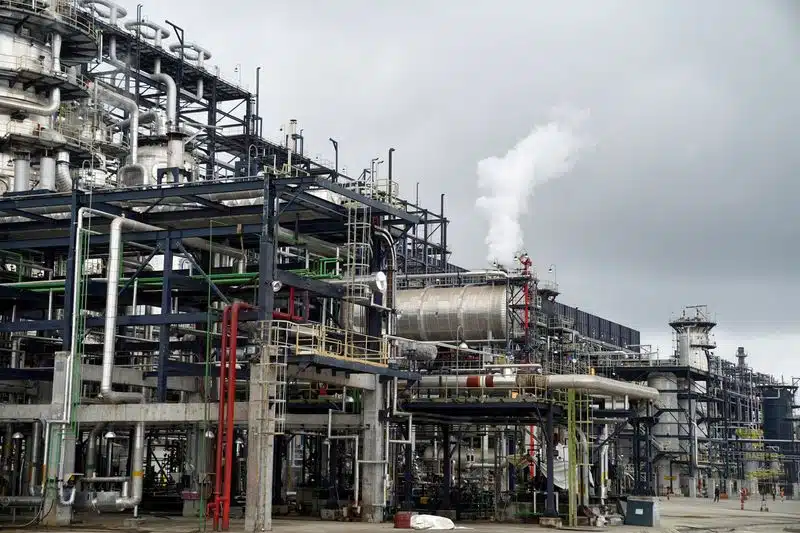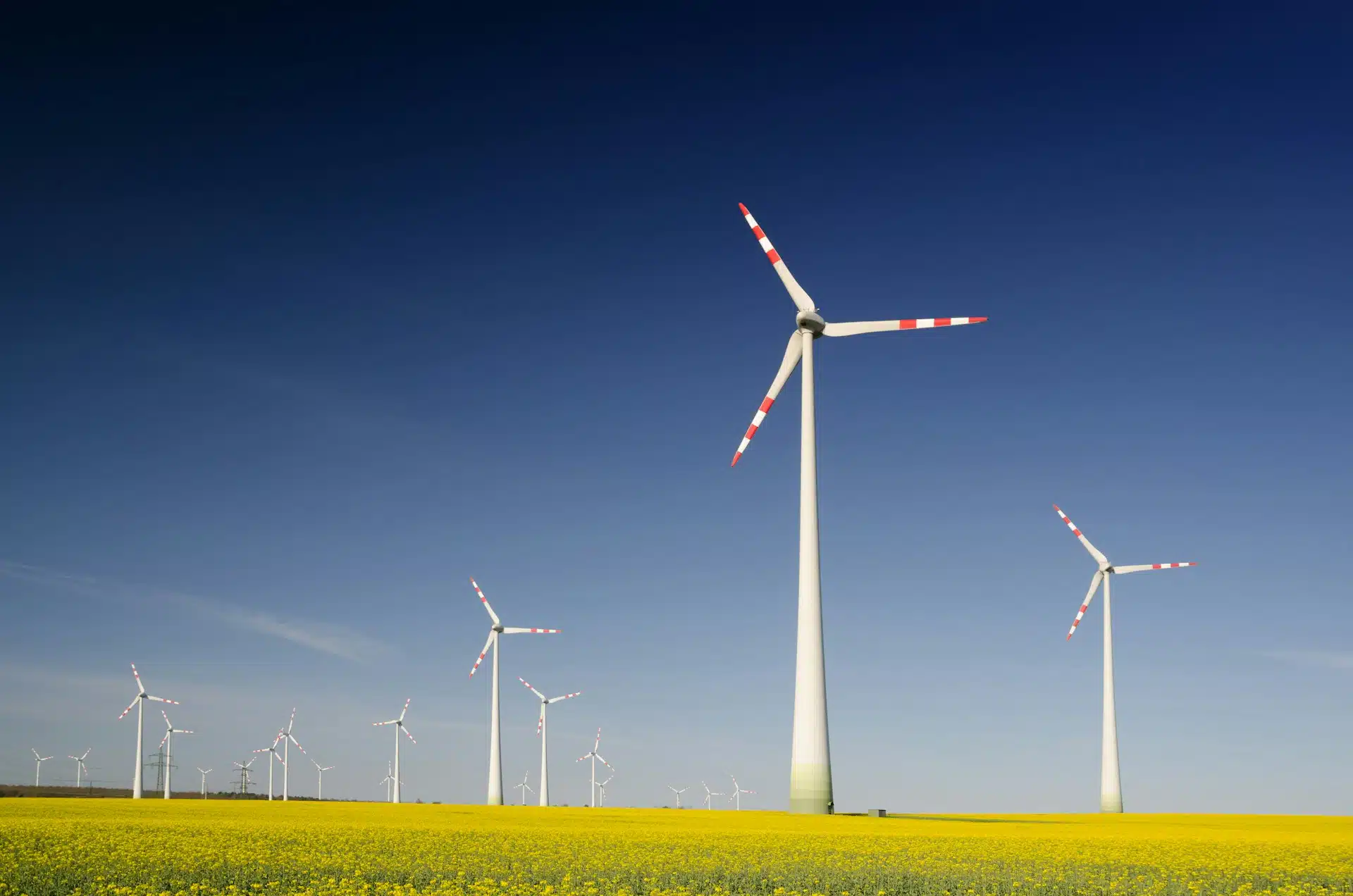South Sudan’s economy is projected to expand by a remarkable 17% in 2025, following a sharp contraction of 24.5% in 2024, according to the latest macroeconomic report from the African Export-Import Bank (Afreximbank).
The bank attributes this expected recovery to the resumption of oil production and exports, after a key pipeline—damaged during conflict in neighbouring Sudan—was successfully repaired.
According to Afreximbank, the restart of operations at Oil Blocks 3 and 7 will significantly boost South Sudan’s crude oil output, which is the backbone of the country’s economy.
Oil accounts for around 90% of South Sudan’s exports and government revenues.
The year-long disruption caused by Sudan’s civil war, which broke out in April 2023, critically impacted South Sudan’s economy.
The conflict damaged the Petrodar pipeline, a vital infrastructure used to transport South Sudan’s oil to global markets via Port Sudan on the Red Sea.
As a result, oil exports plummeted from 186,000 barrels per day (bpd) in January 2024 to just 58,000 bpd by December.
However, with Sudan lifting its force majeure on crude transport, South Sudan has resumed oil production as of January 2025.
The anticipated recovery in oil exports is expected to improve public finances, enabling higher government spending on critical sectors such as health, education, and infrastructure.
Additionally, macroeconomic conditions are forecast to stabilize. Fitch Solutions projects that inflation—which soared to 115% at the end of 2024—could fall dramatically to 30% by the end of 2025, driven by exchange rate stabilization and increased foreign currency inflows.
At a recent press conference in Juba, South Sudan’s Petroleum Minister, Puot Kang Chol, expressed optimism about the oil sector’s revival.
“We know that our economy is suffering,” he stated. “We believe that with the resumption [of oil production], resources will be back on the table.”
In addition, Fitch Solutions also expects the gradual restoration of oil exports to drive an increase in household consumption and a strengthening of the South Sudanese pound against the U.S. dollar.
South Sudan’s oil production is operated by the Dar Petroleum Operating Company (DPOC), a consortium where the South Sudanese government holds just an 8% stake.
Malaysia’s Petronas and China National Petroleum Corporation (CNPC) are the largest shareholders, with 40% and 41% respectively.
As the world’s youngest country continues to battle long-standing economic challenges and institutional weaknesses, the resumption of oil exports offers a critical lifeline to revive its economy and restore macroeconomic stability.









